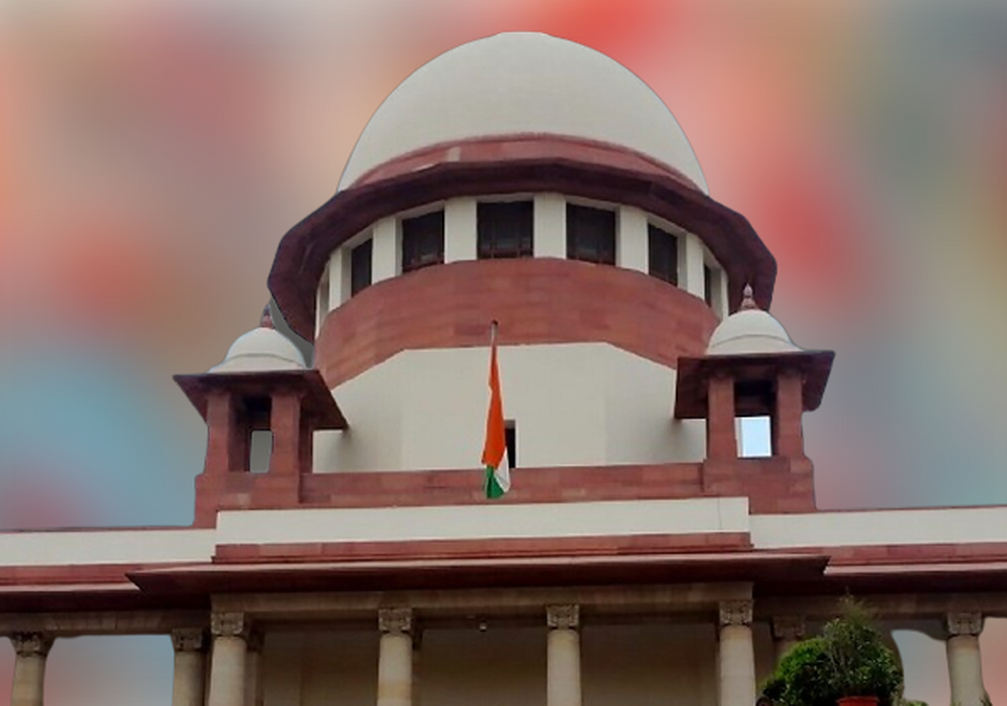Children not only duty bound but also legally bound to look after their elderly parents: Punjab & Haryana HC

Read Order: Ramesh @ Pappi v. Ishwar Devi and others
LE Correspondent
Chandigarh, July 14, 2021: Upholding the single bench order that handed back ownership of property to a mother from her sons due to her ill-treatment by them, the Punjab and Haryana High Court has observed that children are expected to properly look after their elderly parents which is not only a value based principle but a bounden duty as enshrined within the mandate of the Maintenance and Welfare of Parents and Senior Citizens Act, 2007.
The case pertains to Ishwar Devi, a widow aged over 76 years. Her deceased husband gave four killas of land each to both their sons. Another land measuring four killas, one house and one shop were left for the maintenance of Ishwar Devi.
After two years of the death of her husband, her younger son Ramesh played fraud and transferred her house and two shops in his name. She came to know this fact only two years later.
Later Ishwar Devi’s son Ramesh ousted her from the house and he along with his sons also used to beat her. Efforts for compromise were made before the Panchayat two-three times, but to no avail.
Ultimately, she approached the SDM, exercising the powers of Presiding Officer, Maintenance Tribunal, Tohana, by filing application under Section 5(1) of the Maintenance and Welfare of Parents and Senior Citizens Act, 2007 to get the registry of the house and one shop to be returned to her, and for protection of her life, liberty and property and for grant of maintenance along with allowing her to live in the house with dignity.
Allowing the application of the mother, the SDM ordered cancellation of the transfer deed dated 04.09.2015 and allowed the mother to live in the house in question till she is alive and also ordered her son Ramesh to give Rs. 2,000 per month as subsistence allowance to his mother vide order dated 19.08.2019.
Aggrieved against the aforesaid order of the SDM, Ramesh filed appeal before the Appellate Tribunal, chaired by District Collector, Fatehabad.
The Appellate Tribunal by passing an order dated 12.02.2020 partly reversed and set aside the well reasoned findings of the SDM with regard to cancellation of the transfer deed and only maintained grant of maintenance and the right to live in her house.
Later, Ishwar Devi filed the writ petition in the High Court that was allowed by the Single Judge vide impugned order dated 20.04.2021, thereby maintaining the order in toto passed by the SDM.
Consequently, Ramesh has filed this LPA before the High Court against the said order of its learned Single Judge.
Upholding the orders of Single bench, a division bench of Justice Augustine George Masih and Ashok Kumar Verma stated that Section 23 (1) of the Act of 2007 explicitly stipulates that in case the children fail to take care of their parents after transfer of their parent’s property in their favour, the said transfer of property shall be deemed to have been made by fraud or coercion or under undue influence and shall at the option of the transferor be declared void by the Tribunal.
“The provision under Section 23 (1) of the Act of 2007 attempts to provide a dignified existence to the elderly people. It is often seen that after receiving the property from their parents, the children abandon them. In such situation, the Maintenance and Welfare of Parents and Senior Citizens Act, 2007 is an enabling lifeline for such old aged parents and senior citizens who are not looked after by their children and become neglected lots,” the Division Bench said.
“Section 23 of the Act of 2007 is a deterrent to this and hence is beneficial for the elderly old aged people who are incapable of taking care of themselves in their last phase of life. The children are expected to look after their elderly parents properly which is not only a value based principle but a bounden duty as enshrined within the mandate of the Act of 2007,” it said.
The Bench further said the impugned order passed by the learned Single Judge of the High Court is well-reasoned and the Division Bench finds no valid ground to interfere with its findings.
“Consequently, this LPA is dismissed,” said the Division Bench.
Sign up for our weekly newsletter to stay up to date on our product, events featured blog, special offer and all of the exciting things that take place here at Legitquest.




Add a Comment